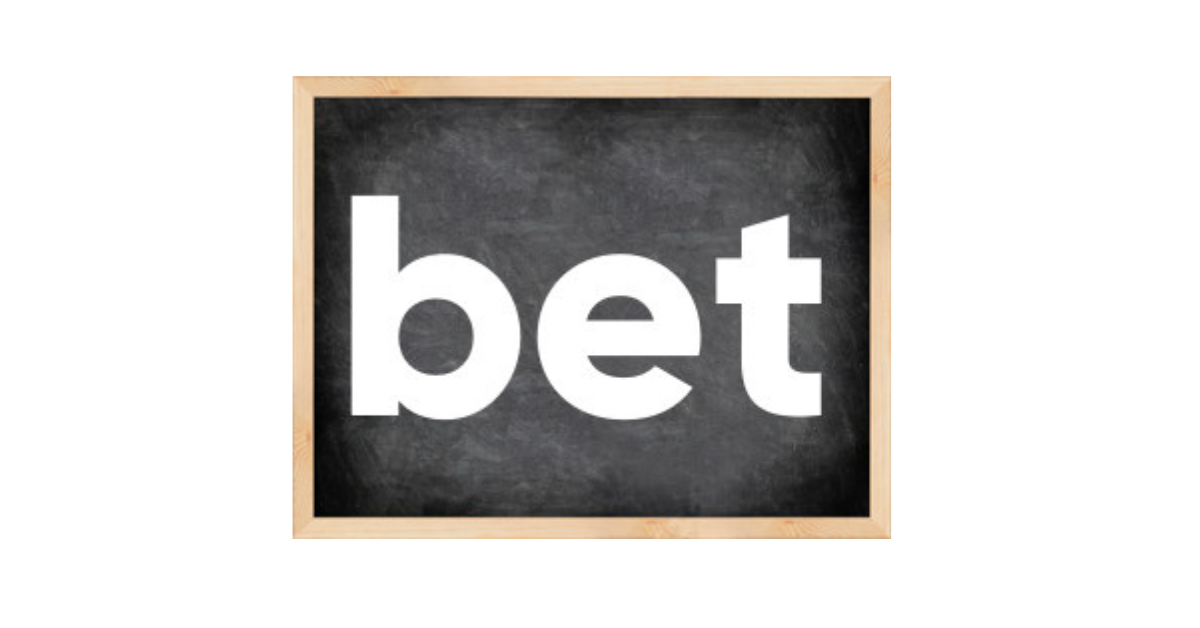Definition of a bet
A bet is a transaction where one party places a wager on the outcome of a particular event or situation, with the anticipation of winning something of value in return. Bets are commonly made on sports events, horse racing, casino games, and various other competitive activities where the outcome is uncertain.
In a bet, one party, known as the bettor, risks a certain amount of money or valuables on their prediction of the event’s result. The other party, typically a bookmaker or another bettor, accepts the wager and agrees to pay out the winnings if the prediction is correct. The outcome of the event ultimately determines the winner and loser of the bet, leading to either the bettor collecting their winnings or the wager being lost.
Different types of bets
When placing a bet, there are various types that punters can choose from based on their preferences and understanding of the game. One common type is the straight bet, where a wager is placed on a single outcome of a game or event. This straightforward bet is popular among beginners and seasoned bettors alike due to its simplicity and ease of understanding.
Another popular type of bet is the parlay, which involves combining multiple selections into a single wager. This can increase the potential payout significantly but also carries a higher risk as all selections must win for the bet to be successful. Despite the higher risk involved, many bettors are drawn to parlays due to the excitement and potential for a big payday.
Commonly betted on events
Sports events are amongst the most commonly bet on occurrences in the world of betting. From the exhilarating action of football matches to the fast-paced thrill of horse racing, sports events offer a wide range of betting opportunities for avid punters. The unpredictability and excitement associated with sports are key factors that draw in bettors, with major events like the Super Bowl and the FIFA World Cup attracting large volumes of bets.
Apart from traditional sports, significant attention is also given to betting on popular events like the Oscars and political elections. The entertainment industry, with its diverse awards ceremonies and reality TV shows, also provides ample opportunities for individuals to place bets on various outcomes. Moreover, advancements in technology have expanded betting options to include virtual sports simulations and eSports competitions, catering to a broader audience of bettors with varying interests.
How odds work in betting
Understanding odds is a fundamental aspect of sports betting. Odds represent the probability of a particular outcome occurring in an event. They also indicate the potential payout a bettor could receive. In general, odds are presented in three main formats: decimal, fractional, and moneyline.
Decimal odds display the total payout a bettor would receive for each unit staked, including the stake itself. For instance, odds of 2.50 would mean a $10 bet could potentially return $25 ($15 in profit plus the $10 stake). Fractional odds show the potential profit relative to the stake. For example, odds of 3/1 mean a $10 bet could yield a $30 profit plus the initial $10 stake back. Moneyline odds are prevalent in the United States and show how much money a bettor would have to wager in order to win $100 if the outcome is successful. Positive moneyline odds indicate how much profit a $100 bet would yield, while negative odds demonstrate how much one needs to bet to win $100.
The role of bookmakers in betting
Bookmakers play a crucial role in the world of betting. They act as intermediaries between bettors, setting odds and accepting bets on various events. Essentially, bookmakers are responsible for creating a balanced market that ensures both the bookmaker and the bettors have a chance to profit.
Additionally, bookmakers constantly adjust the odds based on the betting activity to manage their own risk. By monitoring the flow of bets, bookmakers can make real-time changes to the odds to reflect the perceived probability of an outcome. This ability to adapt quickly is what allows bookmakers to stay profitable in the long run.















